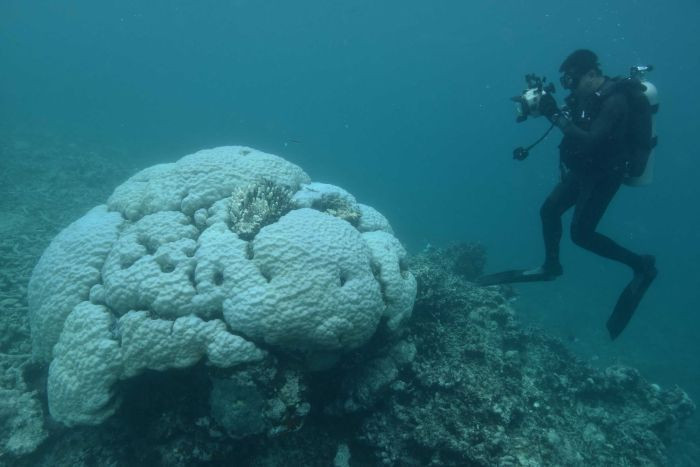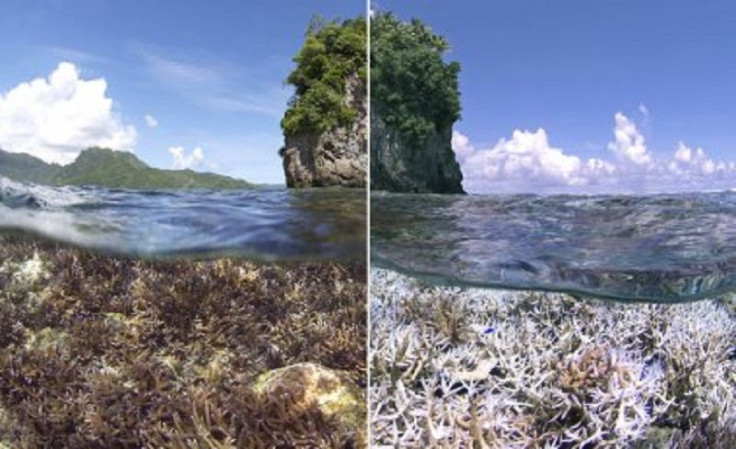Scientists warn Great Barrier Reef’s coral bleaching could result in revocation of World Heritage status

Australia’s Great Barrier Reef is in danger of losing its World Heritage status due to its mass coral bleaching. If the UN World Heritage Committee would do that, it could spell potential disaster for Australia’s tourism sector.
In 2015, the committee did not place the reef on its "in danger" list. But the United Nations Educational, Scientific and Cultural Organisation (UNESCO) had warned that if Australia fails to make progress in the protection of the Great Barrier Reef, the committee’s decision would be reviewed at its 2017 session, reports ABC.
Because of higher water temperature above normal for several weeks now, large portions of the northern part of the reef appear “very bad,” says Janice Lough, scientist with the Australian Institute of Marine Science. She adds that evidence of the coral bleaching, seen in footage released this week, cover only four reefs in the far north.
The Australian federal government had previously insisted to UNESCO that the reef’s northern portion was in pristine condition. But Richard Leck from the World Wildlife Fund, an advisor to the heritage committee, points out that part is now at risk of coral mortality.
“I’m certain that UNESCO and the committee will be watching this disaster unfolding with great alarm,” says Leck. He says the first question that the committee would likely ask if the effect of the coral bleaching on the reef’s world heritage value.

A team of University of Queensland researchers, led by Professor Ove Hoegh-Gulderg, have been tasked to undertake extensive underwater surveys to determine the impact of climate change on the reef. They will compare the current health with images from its 2012 baseline surveys.
“Lose the corals, you lose the fish. You lose the tourism and fishing, and of course if you lose those you lose the income to Queensland and Australia,” says Hoegh-Guldberg, director of the university’s Global Change Institute.
The surveys begin in June. The team would use computer image recognition and cover multiple baseline sites established under the Global Reef Record. Environment Minister Greg Hunt announced in mid-March that the federal government would support the university’s work through funding.





















